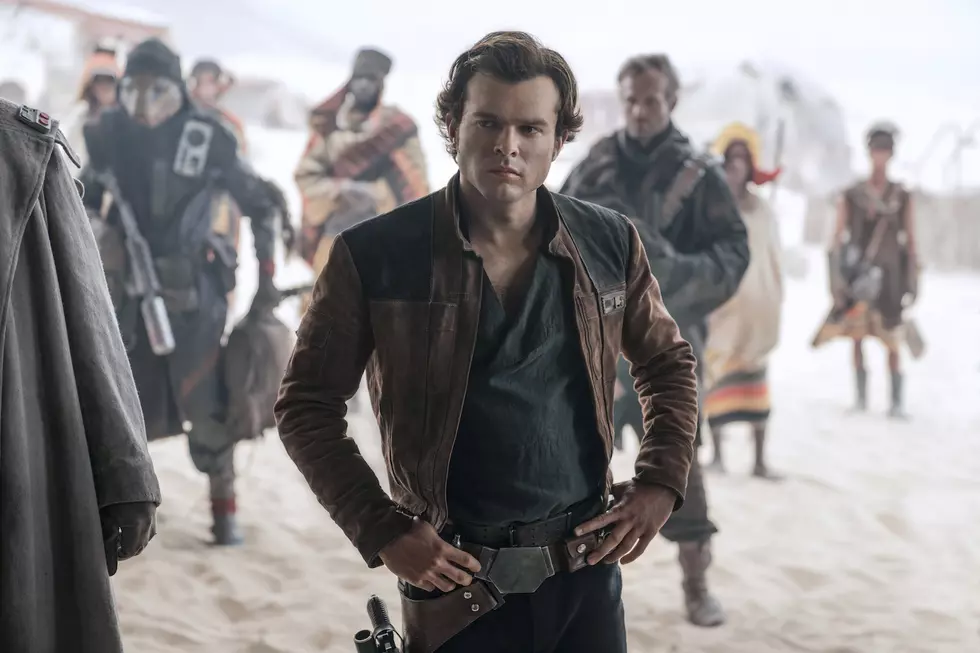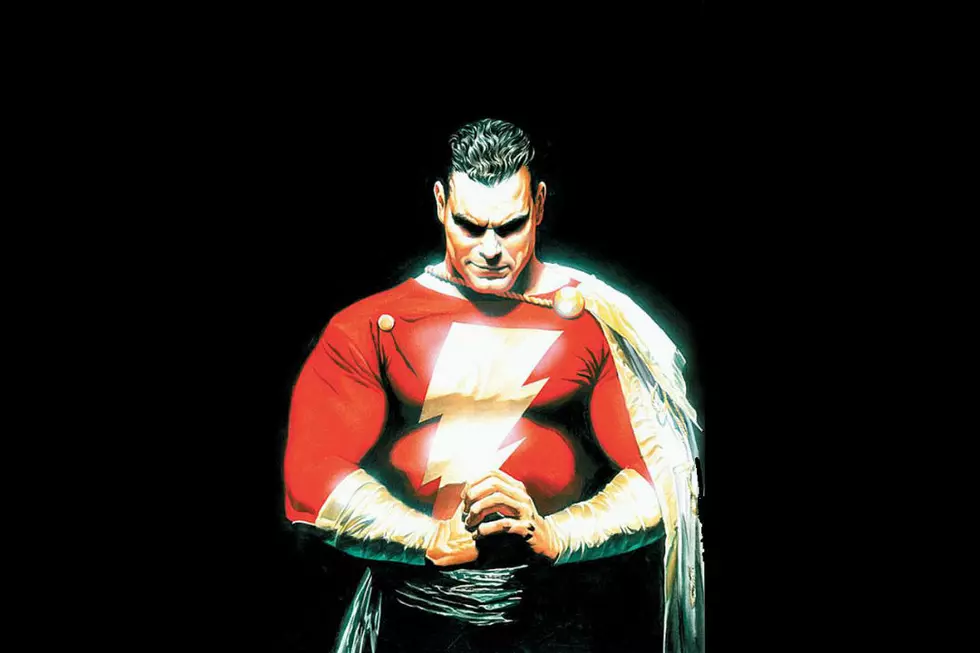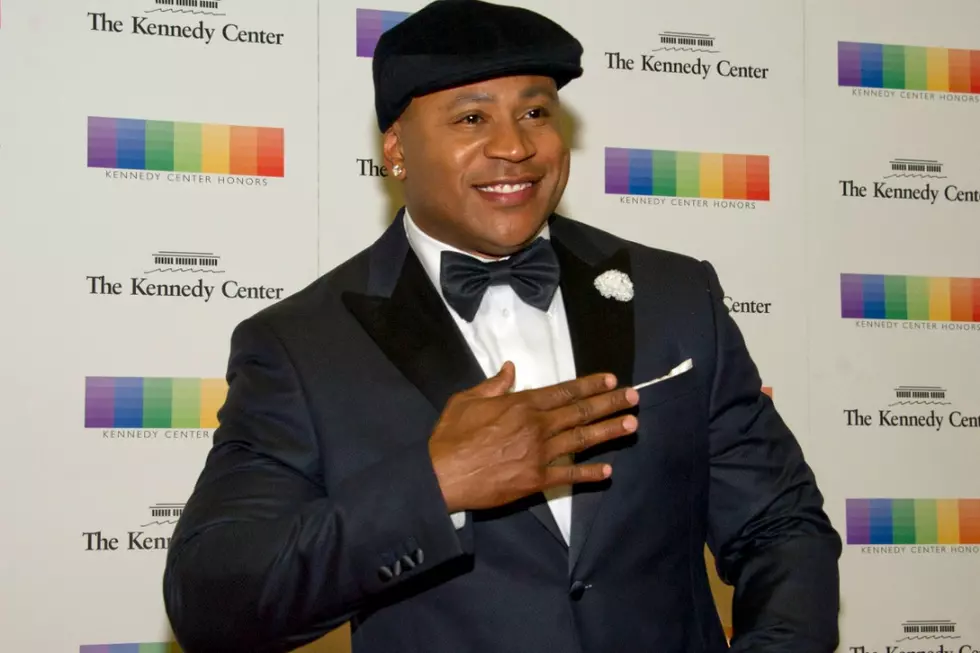
’13 Reasons Why’ Creator Defends Season 2 Rape Scene: ‘Talking About It Is So Much Better Than Silence’
Spoilers for 13 Reasons Why Season 2 ahead.
13 Reasons Why has never been a show to shy away from controversy. In its first season, the graphic depiction of high school student Hannah Baker's suicide sparked widespread backlash: Writer Nic Sheff argued they were trying to dispel misconceptions about the act, like the idea of drifting off peacefully and painlessly, while detractors said such a detailed portrayal may inspire copycats, among other contentions about how Hannah's mental health was — or in this case, wasn't — addressed.
For its second installment, released on Friday (May 18), the series launched a website featuring supplemental resources for the content discussed and added a PSA before the first episode cautioning viewers about potentially triggering material, acknowledging that the topics it covers are sensitive and may not be suited for everyone.
It also, however, included another unsettling scene that has reignited outrage around the show: In the Season 2 finale, "Bye," yearbook photographer Tyler Down is brutally raped by three student athletes who attack him in a bathroom, shove his head into a toilet, and sodomize him with a broken mop handle. Down is left beaten, bleeding from the rear, and so traumatized by the experience that he shows up to a school dance with the intent of carrying out a mass shooting. Critics have called the scene "harmful" and called for Netflix to cancel 13 Reasons Why entirely.
Now, in an interview with Vulture, creator Brian Yorkey has defended its inclusion, too, claiming that the decision to show the rape was not done for shock value, but was developed from research on real-life cases of sexual violence against men in high school. In a statement provided to the outlet, he said:
“We’re committed on this show to telling truthful stories about things that young people go through in as unflinching a way as we can. We fully understand that that means some of the scenes in the show will be difficult to watch. I think Netflix has helped provide viewers with lots of resources for understanding that this may not be the show for everybody, and also resources for people who do watch it and are troubled and need help.
But the fact is that, as intense as that scene is, and as strong as are or reactions to it may be, it doesn’t even come close to the pain experienced by the people who actually go through these things. When we talk about something being “disgusting” or hard to watch, often that means we are attaching shame to the experience. We would rather not be confronted with it. We would rather it stay out of our consciousness. This is why these kinds of assaults are underreported. This is why victims have a hard time seeking help. We believe that talking about it is so much better than silence.”
Yorkey also added that research suggests there’s an “epidemic” of this kind of male-on-male violence, and noted the graphic sexual assault scenes involving women in the first season didn't raise as much ire, further backing up their need to start conversations surrounding these assaults.
“When we dug into that research, I think we were all astounded to find how many times this happened, this disturbingly similar story of a male high-school athlete violating a weaker boy with some sort of instrument, like a mop handle or a pool cue,” he continued.
"If there’s a greater sense of backlash about this scene, especially it being hard to watch, ‘disgusting,’ or inappropriate, that goes to the point that we need to be talking about the fact that things like this happen. The fact that this would be somehow more disgusting than what happened to Hannah and Jessica, I’m shocked but not surprised.”
Netflix Originals Still to Come in 2018
More From Y105










